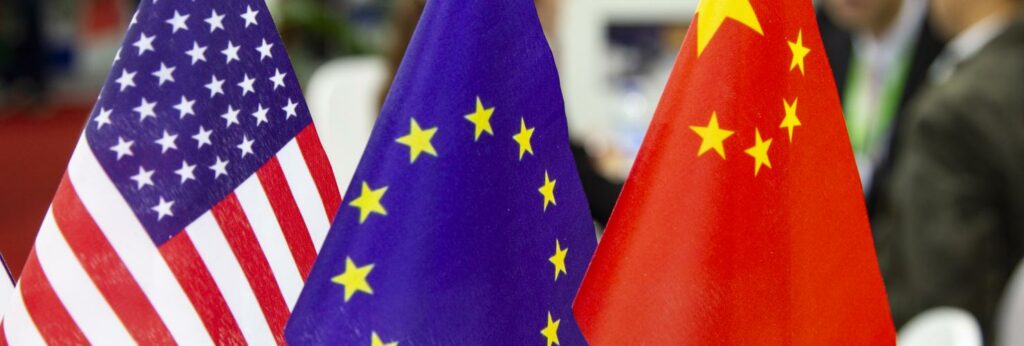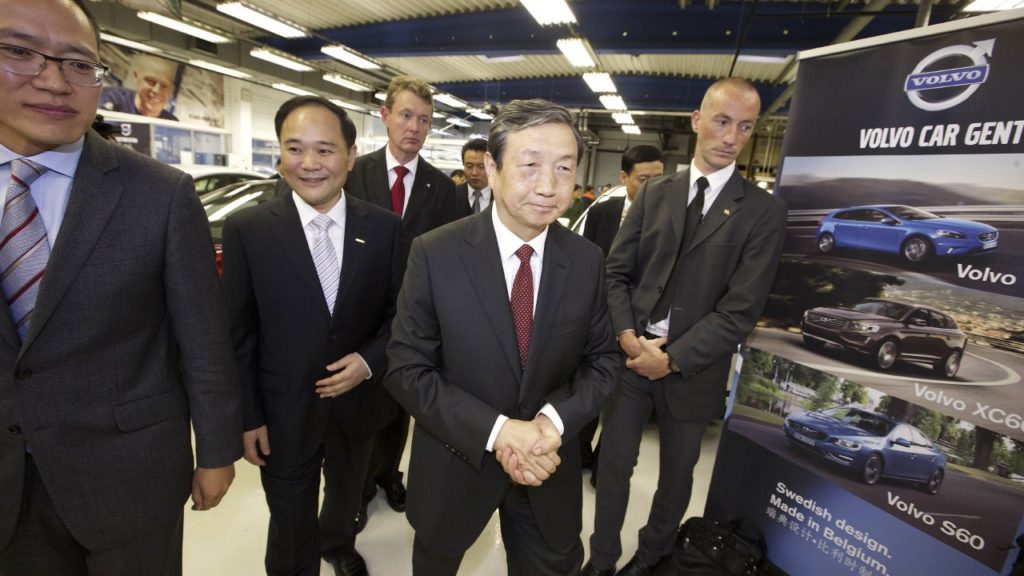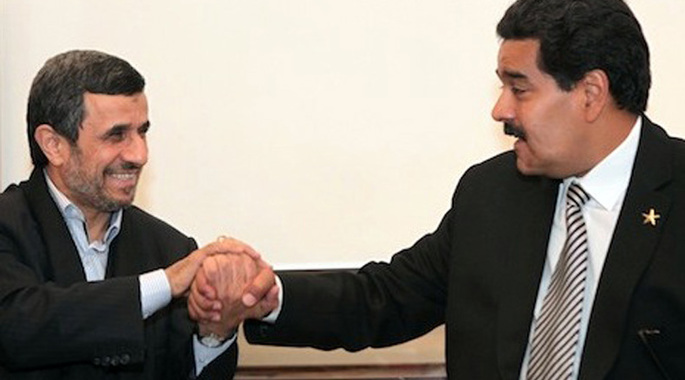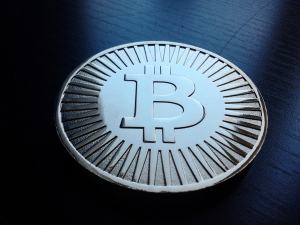by Martina Bernardini
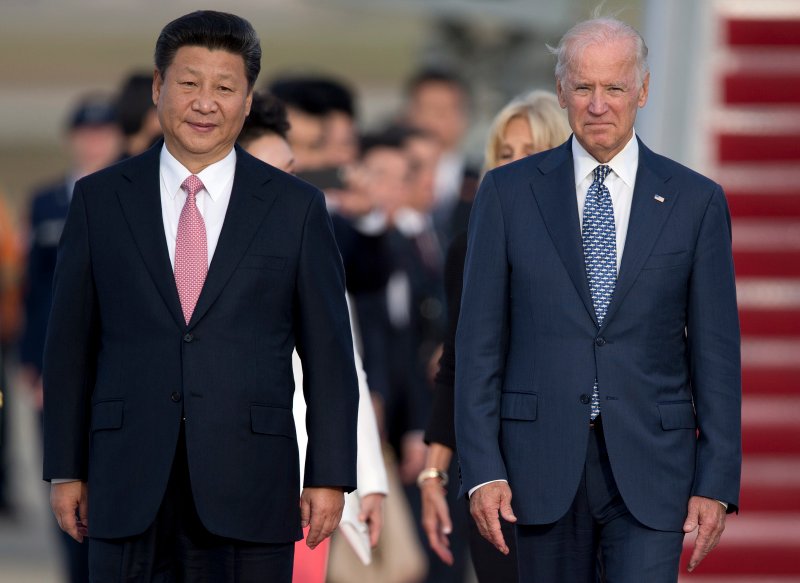
The election of Joe Biden as President of the United States is meaningful for several reasons, but foreign policy stands out as one of the most important. While the wars in Iraq and Afghanistan and the subsequent crisis in Transatlantic relations challenged the resilience of U.S. hegemony, the widespread enthusiasm to Biden’s election demonstrates that the U.S. historic allies still want – and require – an engaged United States on their side. Taking the reins of U.S. foreign policy in this particular moment in the history of the international system, however, is not an easy task. The biggest challenge lies in re-affirming the U.S. position in world affairs, a grand strategy that will contribute to building a strict balance between Washington and Beijing, to show that the absolute decline of U.S. power has not occurred.
During his presidential campaign, outgoing U.S. President Donald J. Trump argued that Biden allowed China to become a threat to the United States by supporting China’s entrance into the World Trade Organization in 2001. Such assumption indicated that for Trump, if Biden became President of the United States, he would get soft with China. The recent history of U.S. foreign policy, however, dismisses this thesis. In 2000, in fact, together with eighty-two U.S. Senators and 237 members of the House of Representatives, Joe Biden did vote in favour of the China Trade Bill, which authorised ‘the extension of nondiscriminatory treatment (normal trade relations treatment) to the People’s Republic of China, and to establish a framework for relations between the United States and the People’s Republic of China.’
The approval of such a bill by the U.S. Congress accompanied U.S. support for China’s accession to the WTO. At the dawn of the 21st century, this move represented - at least to U.S. policymakers - China’s official embrace of a world order based on the American-led ideals of free trade and democracy, a trend that was set in motion by President Richard Nixon and George H.W. Bush. China’s entry into the WTO was indeed positively welcomed both by Democrats and Republicans - by Presidents Clinton as well as George W. Bush - because it was seen as the coronation of a grand strategy aimed at bringing China into a pan-American trade regime. Consequently, Biden’s vote in favour of the China Trade Bill does not mean that, as President of the United States, he will adopt a concessionary China policy. Incidentally, the exact reasons for his support of China’s integration into the global trade system increase the probability that Biden’s foreign policy towards China will not be accommodating.
Biden’s vision of the United States in the world reflects the American exceptionalism that drove the United States towards superpower status by spreading the American soft power and democratic ideals abroad from the Spanish-American war (1898) to Obama’s presidency (2008-2016). For Biden, this means that the U.S. has the duty to lead and inspire the other powers of the international system. In this framework, his administration’s foreign policy plan is to lead the United States to re-establish such a relationship with the international community after four years of isolationism under Trump.
This foreign policy approach will consequently bring Sino-American relations back to the Obama years, when Washington recognised that China represented a challenge for U.S. power that had to be addressed firmly, without undermining the bilateral relationship nor the stability of the international system, of which the United States intends to be the guarantor. In the last phase of his presidential campaign, Biden anticipated how he is likely to approach Beijing. For example, he criticized Trump for not having acted on the issue of human rights in the Xinjiang region, but at the same time, he talked about working with China on climate-related matters and the COVID-19 pandemic. That is to say, that open hostilities are unlikely to break out, but Biden will want the U.S. to take a firm stance against China in the key fields where the U.S. leadership among its allies and its great power status are at stake.
The most delicate grounds for Sino-American relations in the near future are two: trade and technology. Biden will inherit the trade war that Trump launched during his years in office as an attempt to reverse the course of the growing U.S. trade deficit with China. When he was Vice President from 2009 to 2017 under Obama, the United States pursued a multilateral economic strategy to reach the goal of re-balancing the U.S. balance of payments with China. Today, this approach is no longer an option, mainly because Biden will face a bipartisan consensus for toughening the U.S. China policy.
As David Shambaugh explained, the Democrats might not have fully agreed on the utility of tariffs for U.S. national security, but they were not against Trump’s tough China policy overall. A cross-party general indisposition and the willingness to take effective action towards China have risen in U.S. Congress because China challenges the U.S. power on many fronts, and exactly because Biden recognised the need of rebalancing the economic relations with China already during his Vice-Presidency, he is expected to be determined to reach such goal. For now, Phase One of the Economic and Trade Agreement between the U.S. and China that was signed this year remains in place, and Biden declared that he is not intentioned to cancel such agreement, at least not immediately. The first step for the Biden administration’s China policy will thus be to get a sense of where the historical U.S. foreign policy partners stand vis-à-vis their commercial relations with China.
Alliances are likely to be the starting point for a firm stance on the technology front as well. ‘The United States does need to get tough with China. If China has its way, it will keep robbing the United States and American companies of their technology and intellectual property,’ Biden wrote in Foreign Affairs last spring, adding that the best way to confront the Chinese technological challenge is to build a ‘united front’ with allies. Much has been said about the U.S. semiconductor sector as at risk of being exploited by China, which led the U.S. Department of Defense to finally add Semiconductor Manufacturing International Corporation (SMIC) - the largest chipmaker in China - to the U.S. Entity List on December 18, 2020.
The list in question, which is run by the U.S. Bureau of Industry and Security, contains the names of foreign persons, governmental organisations, and companies that are subject to specific license requirements for the import of items from American suppliers. Consequently, any operation held with one of the subjects present in the Entity List is considered at risk by the U.S. government, and will therefore be closely monitored. The move comes as the final act of the most vigorous measures that the outgoing Trump administration implemented towards Beijing before Biden takes office on January 20, 2021, fearful that the incoming administration would soften the line.
This, however, is not likely to happen, because Biden’s vision of the U.S. in the world will merge with the clear bipartisan support of a hard line with China coming from Congress. The incoming Biden administration will thus aim to bring the tensions on the commercial and technological fronts to a higher strategic level especially by working on reinvigorating Transatlantic relations. Biden’s overall approach to foreign policy will be guided by his vision of the U.S. in the world, which, on the one hand, is strictly related to the historical conception of American exceptionalism, but, on the other hand, must resiliently adapt to the shape of the 21st Century’s international system, which demands a cooperative approach on climate change, migration, and global health. This means that the world will not enter a ‘new Cold War’ – a misleading term that is very often overused to describe Sino-American relations – but that Biden’s foreign policy towards Beijing will contribute to a redefinition of the terms of great power competition in a globalised world, which is not necessarily an easier scenario.
Martina is a PhD Candidate at the Department of War Studies at King’s College London. She has been awarded the Leverhulme Scholarship ‘Interrogating Visions of a Post-Western World: Interdisciplinary and Interregional Perspectives on the Future in a Changing International Order.’ Her research focuses on the history of U.S. foreign policy towards China, particularly on the role of China in U.S. President George H.W. Bush’s Grand Strategy for a post-Cold War World Order. She is an alumna of the School of Politics founded by former Italian Prime Minister Enrico Letta, and she holds a first-class honors Master’s degree in International Studies from Roma Tre University, where she also completed her BA in Political Science and International Relations.
